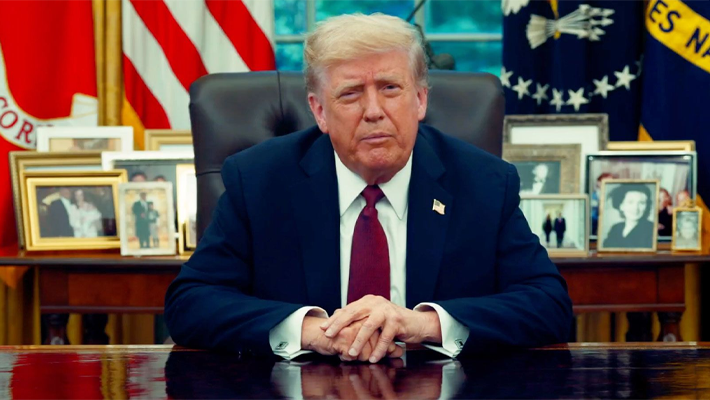The German pharmaceutical industry reacted sharply on Friday to U.S. President Donald Trump’s announced 100 per cent tariffs on medicines.
“If the plans are implemented as announced from October 1, this would be a severe setback for Germany and Europe as pharmaceutical industry locations,” the VFA industry association said.
The announcement was at odds with previous trade arrangements between the United States and the European Union, which provide for a tariff cap of 15 per cent,” said VFA president Han Steutel.
“The announced import , of 100 per cent would have severe effects on international supply chains, make the production of medicines more expensive, and endanger the supply of patients in both the U.S. and Europe,” Mr Steutel said.
The U.S. is the most important export market for Germany’s pharmaceutical industry, which employs around 130,000 people and includes global names such as Bayer and Merck.
In 2024, goods worth €27 billion ($31.5 billion), or around 25 per cent of German pharmaceutical exports, went to the U.S.
The American president says that companies investing in pharmaceutical production in the U.S. will be excluded from the announced tariffs.
Mr Steutel said it was important to find swift solutions for Europe and Germany, underscoring the importance of the European single market.
“In the U.S., you can supply 300 million people at a stroke. In Europe, it is 450 million people, but spread across 27 markets.
“We are not exploiting our potential as a single market and are thus becoming a pawn of the major economic areas,” he said.
(dpa/NAN)

